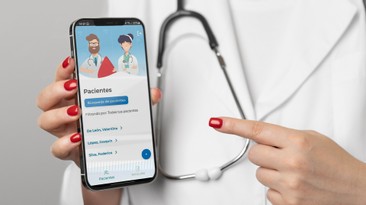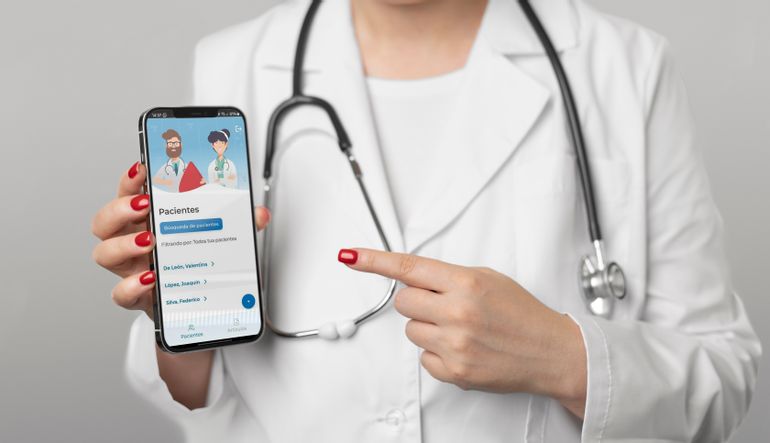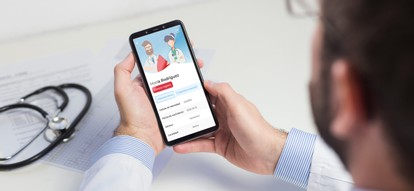
ICHT
Data-Driven Health: A Clinical Platform to Prevent Venous Thromboembolism
Tools we used:

The Client
A national medical association focused on hemostasis and thrombosis gathers hematologists, phlebologists, and lymphologists to advance research, diagnosis, and prevention of clot-related disorders. One of its strategic goals was to create a standardized data-collection system that would generate local evidence and inform more effective health policies.

The Challenge
Venous thromboembolism (VTE) is a leading cause of in-hospital complications, yet clinicians had no unified digital registry that reflected day-to-day reality. Without trustworthy local data, it was impossible to benchmark protocols, analyze outcomes, or design targeted prevention programs. The association needed an ethical, easy-to-use tool that blended naturally into routine practice and produced clean, research-grade information.
The Solution
We built a web-and-mobile clinical registry tailored to physicians managing VTE cases. From UX to cloud infrastructure, every layer was crafted for speed, security, and scientific rigor.
- Secure, role-based access—only credentialed physicians can add or view cases.
- Built-in digital consent that anonymizes patient data and streamlines ethics compliance.
- Comprehensive clinical record—history, diagnostics, treatment, evolution, and complications.
- Longitudinal updates so physicians can reopen a case and add follow-up data, creating an evolving timeline.
- Private research dashboard ready for interactive analytics and future predictive models.
- Curated article library editable by the association, plus sponsor sections for anticoagulation partners.
Press releases:

Tutorial
Results / Impact
Metric (Year 1) | Value |
Active medical centers | 7 |
VTE cases recorded | 430 + |
Physicians on the platform | 55 |
Interested pharma sponsors | 3 |
The registry is already driving multicenter studies, attracting reference hospitals and anticoagulant manufacturers, and seeding a real-world data set that simply did not exist before.
“Capturing real-time data at the bedside changes how we understand this disease. We’re finally producing our own evidence.”
— Dr. Cecilia Carrizo, Lead Researcher








































